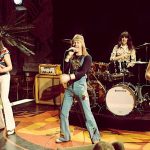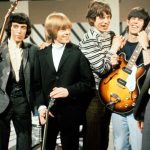🎶 The Beatles – “Love You To” (1966): When Indian Music Met British Rock in a Groundbreaking Fusion ✨
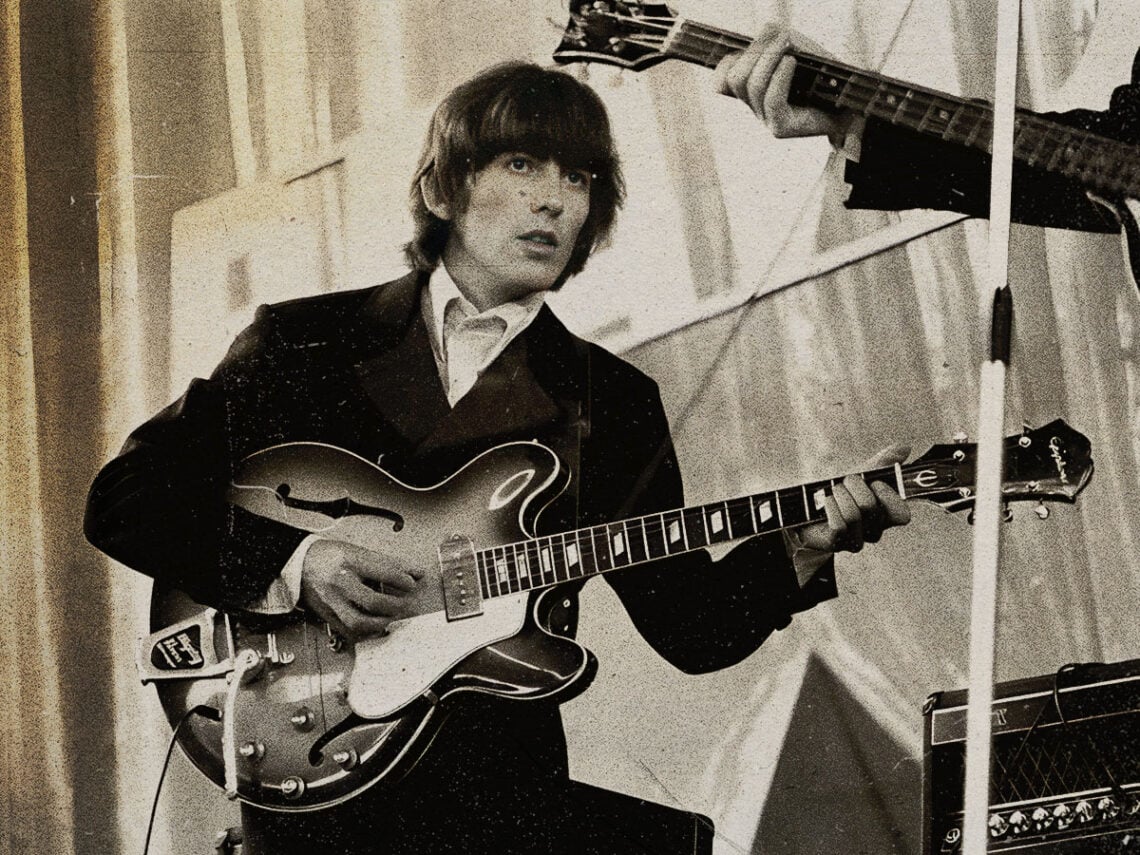
“Love You To,” featured on The Beatles’ classic 1966 album Revolver, stands as a truly groundbreaking and innovative track in their illustrious discography. Primarily composed by George Harrison, this song represents a significant and deliberate departure from the band’s earlier pop-oriented sound, serving as a clear and bold demonstration of their growing fascination with and commitment to incorporating elements of Indian classical music into their songwriting and production. It wasn’t just an experiment; it was an opening of a new, unique musical horizon that would influence countless artists.
George Harrison’s Deep Dive into Indian Classical Music

The genesis of “Love You To” lies in George Harrison’s deepening immersion in Indian culture and music. Having been introduced to the sitar during the filming of Help! in 1965, he soon began studying the instrument seriously under the tutelage of the legendary sitar maestro Ravi Shankar. This personal journey of discovery profoundly influenced his musical outlook, and “Love You To” became the first full-fledged manifestation of this new passion on a Beatles album. It wasn’t merely a decorative touch; Harrison aimed for an authentic integration, moving beyond the superficial use of a sitar heard in “Norwegian Wood (This Bird Has Flown)” from the previous year. He was determined to introduce these complex, ancient sounds and structures to Western pop music in a more meaningful way.
A Revolutionary Sound: Authenticity and Innovation
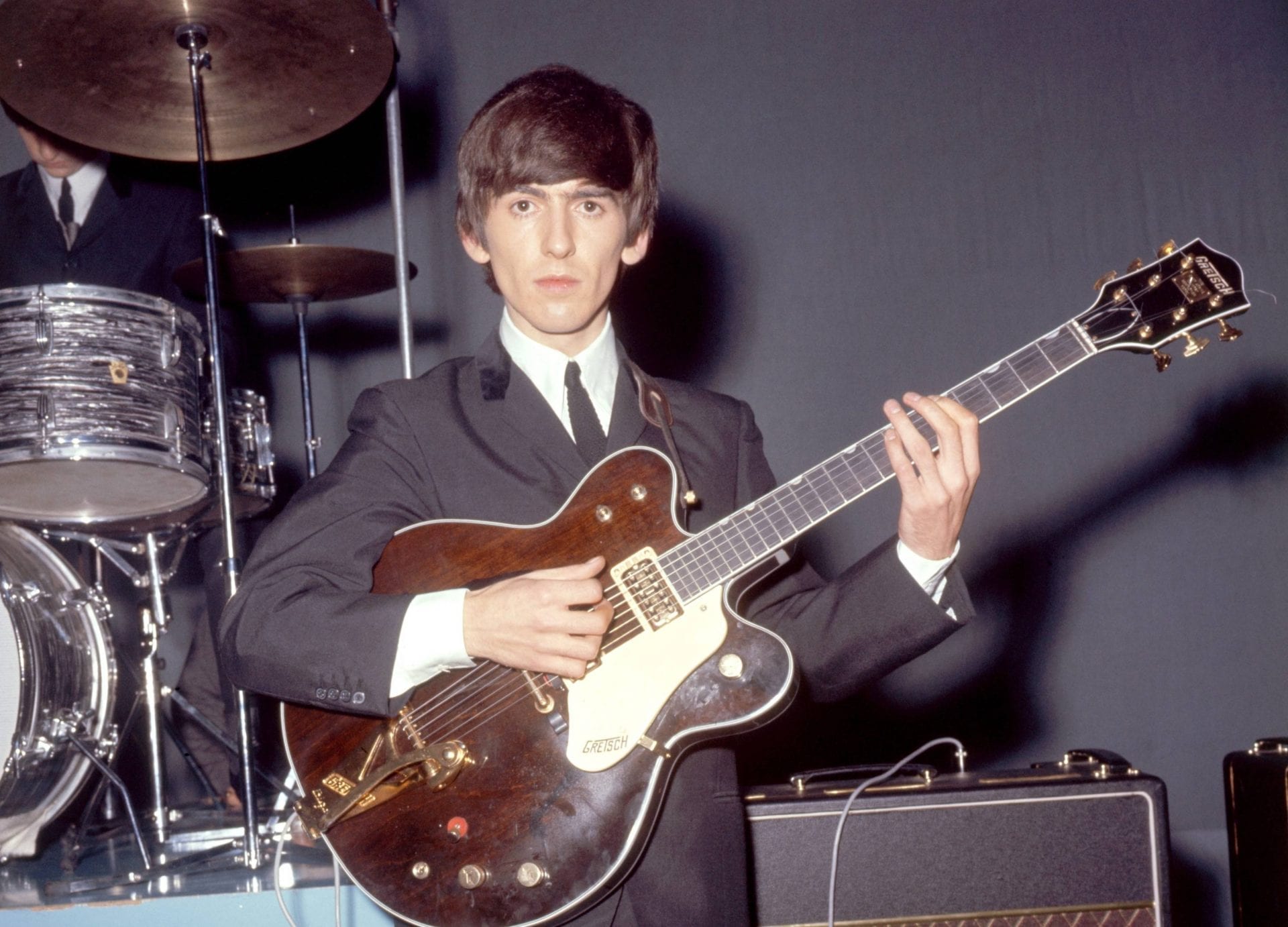
“Love You To” is notable for its almost entirely Indian instrumentation, marking a radical shift for the world’s biggest rock band. The song features the sitar as the dominant lead instrument, masterfully played by Harrison himself, along with the resonant tanpura providing a drone, and the intricate rhythms of the tabla, played by Anil Bhagwat, an uncredited Indian musician. This meticulous attention to authentic instrumentation, combined with the use of a more fluid, raga-like melodic structure, lent the track an unprecedented sonic landscape in Western popular music. The absence of traditional rock instruments like bass and drums (in the conventional sense) underscored its experimental nature. Even Harrison’s vocals, delivered in a somewhat detached and philosophical manner, seemed to float above the rich tapestry of Indian sounds, creating a hypnotic and immersive listening experience.
Lyrical Themes: Beyond Superficiality
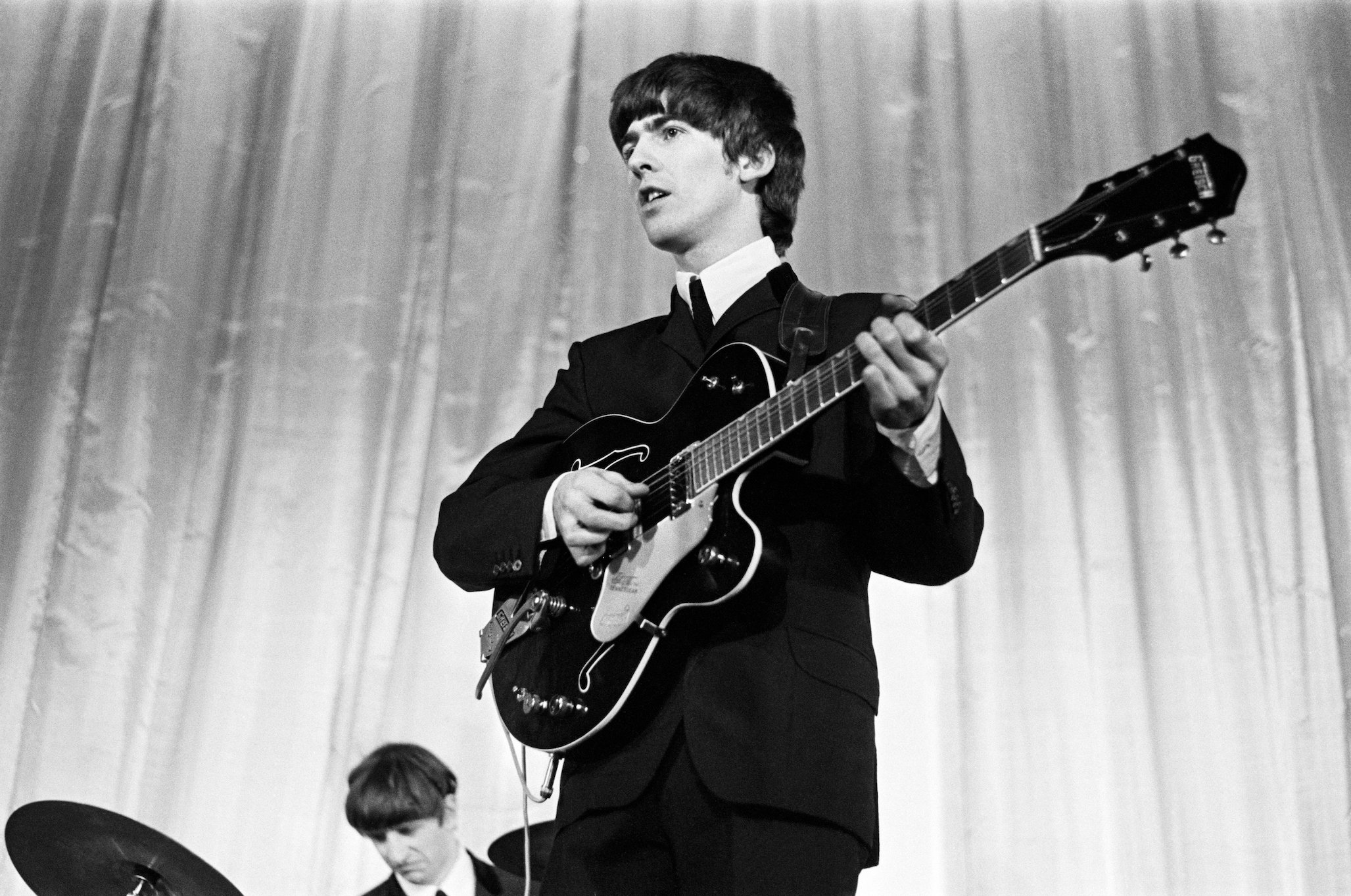
While the musical innovation is undeniable, the lyrics of “Love You To” also carry a unique weight. They reflect a desire for a deeper, more meaningful connection, rejecting superficiality and fleeting pleasures. Lines like “I’ll make love to you, if you want me to / And I’ll tell you that you’re lovely too / But the rest of my life will be with you” suggest a yearning for commitment and substance beyond casual encounters. This theme, combined with the introspective and almost spiritual nature of the Indian music, creates a cohesive artistic statement. “Love You To” was more than just a musical experiment; it was a bold artistic declaration from The Beatles, and particularly from George Harrison, that pushed the boundaries of popular music and opened the doors for global sounds to permeate Western rock. It remains a testament to their innovative spirit and Harrison’s pioneering role in introducing Eastern musical traditions to a mass audience.



